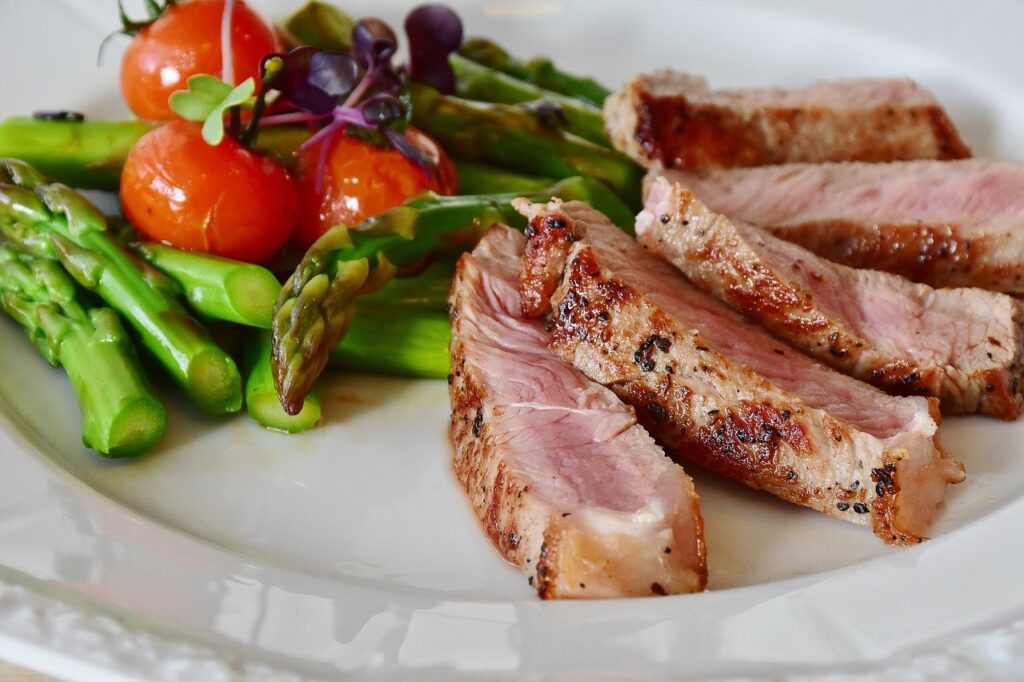 Diet and ADHD
Diet and ADHD
Many individuals with ADHD may wonder whether the foods you eat can help with attention, focus, hyperactivity or other symptoms. There has been growing interest in the role that diet and supplements play in the treatment of attention-deficit/hyperactivity disorder (ADHD) symptoms, from patients and researchers alike. There is no clear scientific evidence that ADHD is caused by diet or nutritional problems. But certain foods may play a role in moderating symptoms, research suggests.
There are three aspects to an ADHD diet:
- Improving overall nutrition – Some foods you eat may make your symptoms better or worse. You add things to your diet things that could help make symptoms better.
- Supplementation – With this plan, you add vitamins, minerals, or other nutrients. The idea is that it could help you make up for not getting enough of these through what you eat. Supporters of these diets think that if you don’t get enough of certain nutrients, it may add to your symptoms.
- Elimination – This involve not eating foods or ingredients that you think might be triggering certain behaviors or making your symptoms worse.
Overall Nutrition
While specific recommendations may vary, experts generally agree that that whatever is good for the brain is likely to be good for ADHD. In this regard, you may want to eat:
- A high-protein diet – Beans, cheese, eggs, meat, and nuts can be good sources of protein. These kinds of foods are good to eat in the morning and for afternoon snacks. It may improve concentration and possibly make ADHD medications work longer.
- More complex carbohydrates – Eat plenty of vegetables and some fruits, including oranges, tangerines, pears, grapefruit, apples, and kiwi. Eating these foods in the evening, may help you sleep better.
- More omega-3 fatty acids – These in tuna, salmon, cold-water white fish, walnuts, Brazil nuts, and olive oil and canola oil. You can also take an omega-3 fatty acid supplement. The FDA has approved an omega compound called Vayarin as part of an ADHD management strategy.
Foods to Avoid
Foods you may want to avoid if you have ADHD include:
- Candy
- Corn syrup
- Honey
- Sugar
- Products made from white flour
- White rice
- Potatoes without the skins
- Caffeine
Other foods you may want to eliminate from your diet because of their potential for causingallergic reaction are:
- Cow’s milk
- Cheese
- Eggs
- Chocolate
- Wheat cereal
- Certain nuts – e.g., almonds
Additives of various kinds that you might want to steer clear of include:
- Foods high in salicylates
- Foods high in sulfates
- Gluten
- Food colors, especially red and yellow
- Aspartame
- MSG (monosodium glutamate),
- Nitrites
- Sodium benzoate
Supplementation
Nutrient deficiencies are common and it is a good idea to get tested for them. Supplementation may be necessary to maintain optimal nutrient levels. Certain supplements have also been shown to improve ADHD symptoms – e.g. as inattention and impulsivity – and include:
- Zinc
- Iron
- Vitamin D
- Magnesium
- Omega-3 fatty acids
Before starting a supplementation regimen, be sure to consult a healthcare professional first to ensure the supplements are safe and appropriate.
If you find the array of options difficult to sort through, have your doctor recommend a nutritionist you can work with to lay out a diet plan that lets you eat more of what will help with your symptoms and less of what will make them worse. Better diet and nutrition can be a very effective addition to a more standard ADHD treatment plan of medication and therapy.
References
- https://www.psychiatrictimes.com/view/dietary-interventions-for-adhd-emerging-research-and-considerations
- https://www.webmd.com/add-adhd/adhd-diets
- https://www.healthline.com/health/adhd/adhd-diet
- https://www.additudemag.com/adhd-diet-nutrition-sugar/


